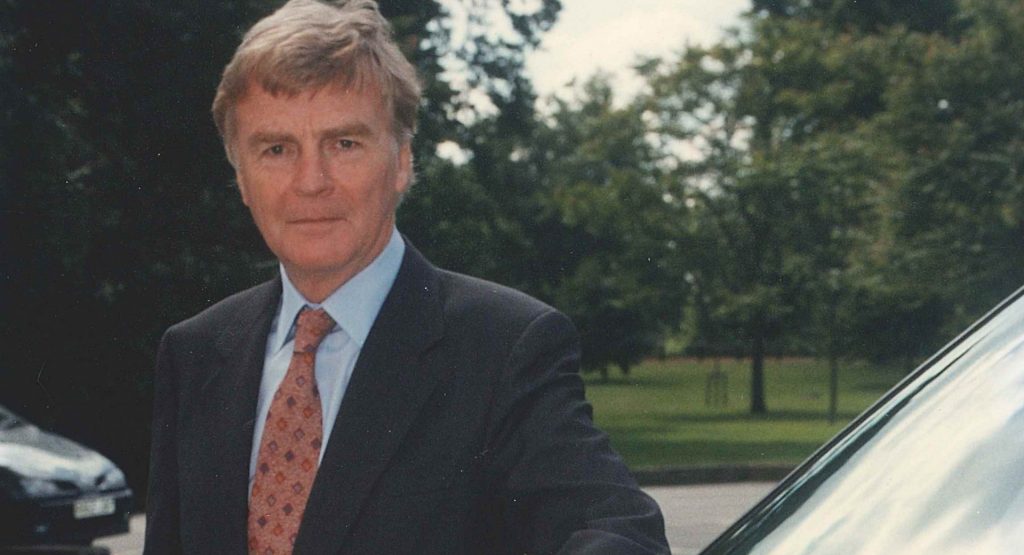The man who introduced mandatory crash tests to Formula 1 has passed away at the age of 81 after a long battle with cancer, his family said.
Born in London on April 13, 1940, Mosley started his racing career as a driver, jumping into Formula 2 after just one season as a Clubman racer. He recalled in his memoir being on the starting grid at Hockenheim in the race at which F1 legend Jim Clark died.
More talented as an administrator than a racer, though, in 1969 he partnered with some friends to form the March team, most famous for its three F1 victories and its association with James Hunt.
Read Also: Max Mosley and the Media’s Bedroom Keyhole Syndrome
Colourful and charismatic… Max Mosley left an indelible mark on Formula 1 pic.twitter.com/TewIsM3o94
— Formula 1 (@F1) May 24, 2021
His friendship with Bernie Ecclestone would prove to be important to more than just them. Together, they won the battles to give Ecclestone the commercial rights to F1 and then to place Mosley as the head of the Federation Internationale de l’Automobile (FIA), motorsport’s governing body.
Shortly after he ascended to the presidency, the untimely deaths of Roland Ratzenberger and Ayrton Senna brought safety to the fore. Mosley campaigned to improve the safety of F1 cars, eventually imposing mandatory crash tests to the objection of many F1 teams. His improvements, though, have undoubtedly led to many saved lives.
Propelled by his successes in F1, Mosley became one of the central figured behind the formation of Euro NCAP, the continent’s automotive safety administration.
“With his enormous influence, commanding personality, and intellect, Max knew how to turn advocacy into action,” said Michiel van Ratingen, secretary general of Euro NCAP. “He put vehicle safety front and center in the automotive industry and today his legacy lives on in one of the most recognized consumer safety programs in the world.”
Mosley was a divisive character, though, and came under scrutiny following the publication of a sex tape in 2008 by News of the World. The publication was deemed illegal, but the German accent that Mosley used in the tape reminded many of his parents’ fascist history, something that he had spent his life trying to distance himself from.
As with the FIA, though, Mosley used the scandal to become a privacy advocate. Media lawyer Mark Stephens described him to the BBC as “effectively the author of modern privacy law.”
Deeply saddened by the passing of Max Mosley.He was a major figure in @F1 & motor sport. As @FIA President for 16 years, he strongly contributed to reinforcing safety on track & on the roads. The entire FIA community pays tribute to him. Our thoughts & prayers are with his family pic.twitter.com/iFcHzBHaWX
— Jean Todt (@JeanTodt) May 24, 2021




